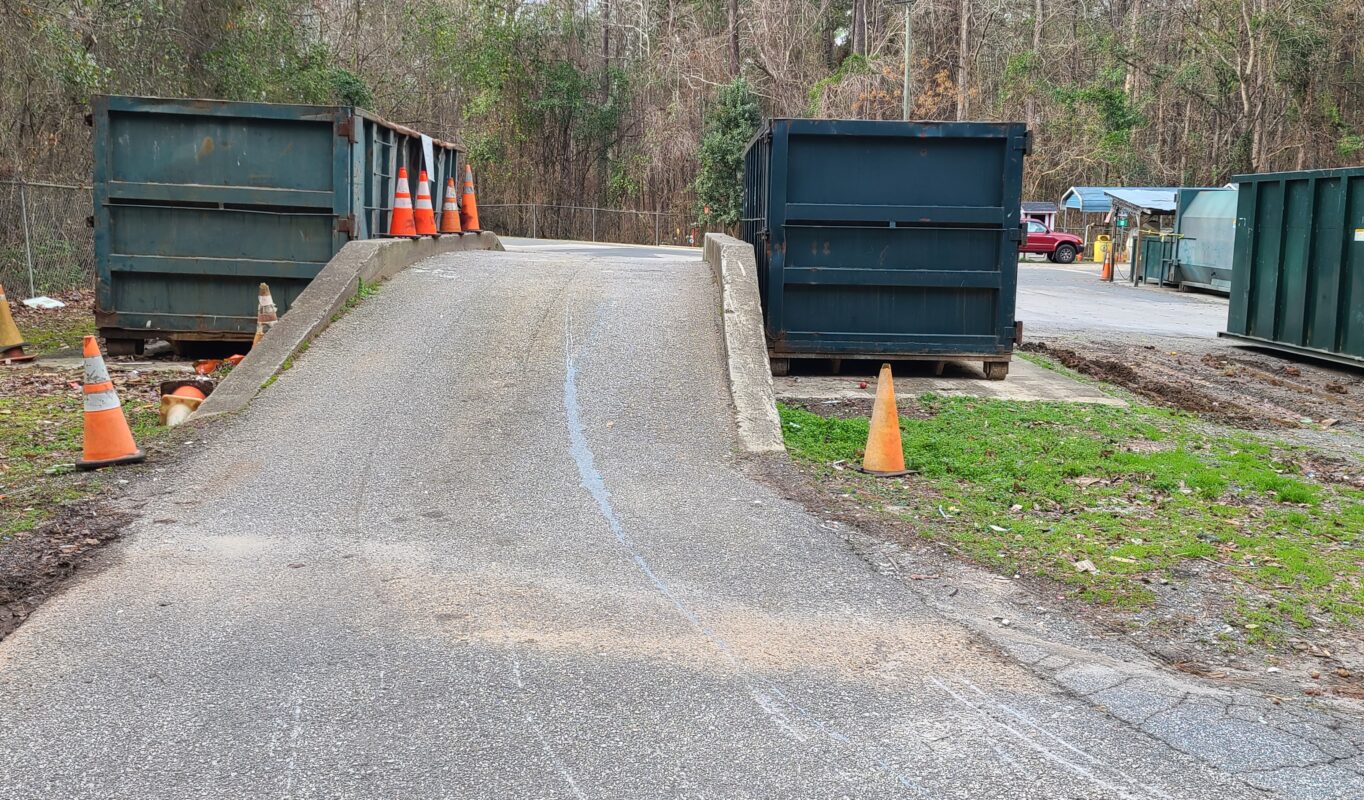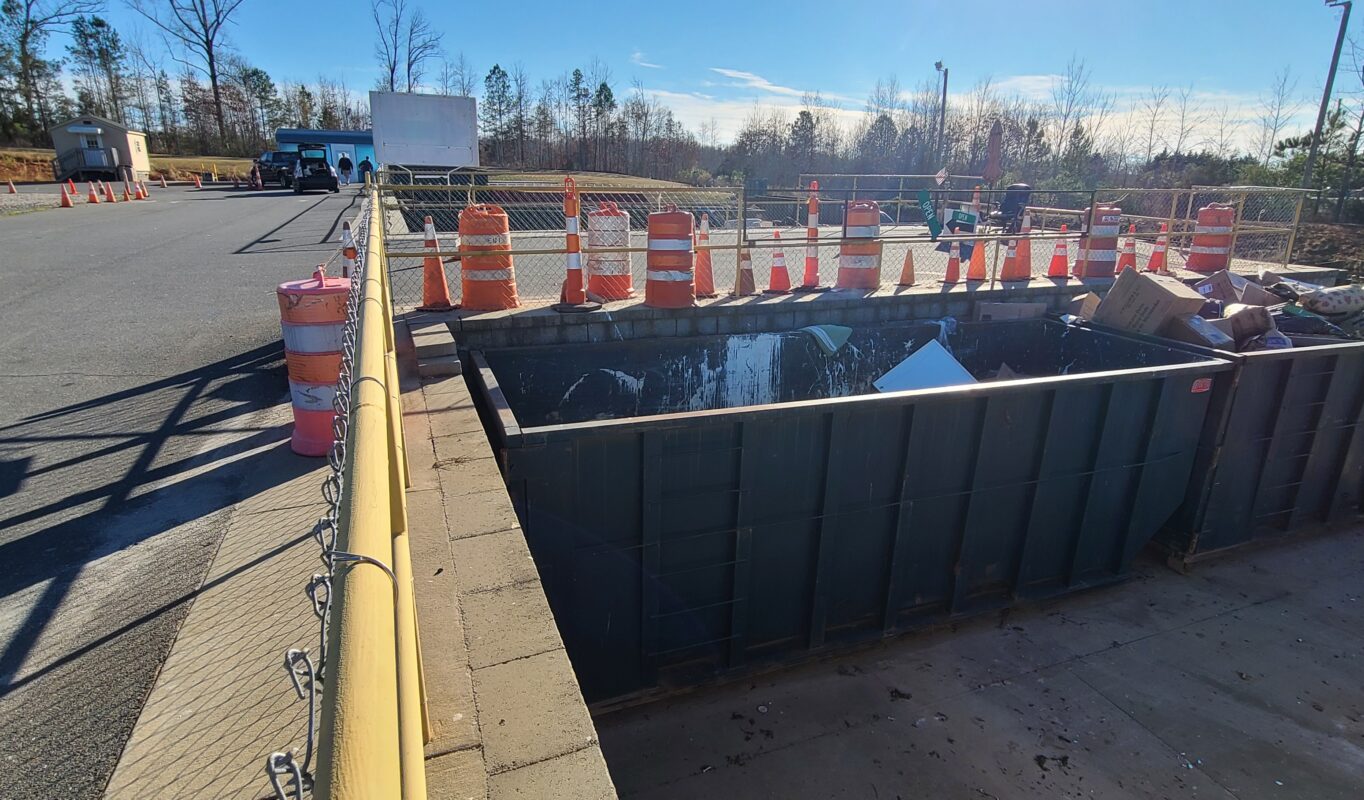According to the Environmental Protection Agency, the average person generates more than four pounds of trash per day, necessitating municipalities to establish innovative and flexible programs for managing and disposing of this refuse.
In Lancaster County, South Carolina, a projected 50% surge in population over the next decade amplifies the urgency for effective waste management solutions. Recognizing an impending need to accommodate for such exponential growth, Lancaster County Public Works (LCPW) sought to analyze its existing solid waste program and identify possible preparatory improvements.
To assist with the evaluation of the County’s 12 solid waste convenience centers, KCI was contracted to develop a forward action plan. In addition to laying the foundation for the projected surge in residents, the plan would aim to provide solutions for long-term efficiencies in solid waste collection, transportation and transfer for disposal.
 Creating a plan for future solid waste services will enable local government officials to make decisions based on current metrics.
Creating a plan for future solid waste services will enable local government officials to make decisions based on current metrics.KCI undertook the performance of assessing the County’s twelve convenience centers, beginning with site visits. While on site, our team observed operations and center conditions, interviewed center attendants and developed a robust functionality scoring matrix weighted for important operation and waste collection site criteria.
“By utilizing a custom-made scoring matrix, our team could quickly identify suggestions for a more efficient waste collection and disposal system. A visual representation also allowed us to easily share these findings with the client and discuss options moving forward.”
– Mark Shumpert, PE, Practice Leader
Seeking to better understand County residents’ activity, KCI utilized monitoring and recording equipment to collect traffic details that were combined with County geographic information system (GIS) data and online traffic information from the South Carolina Department of Transportation. With these metrics and the scoring matrix, our team was able to analyze the usage and growth potential of each center, making note of which sites were good candidates for expansion or closure. Additionally, KCI performed a preliminary financial review of the solid waste program and shared the results with the County Council.
The study revealed considerable discrepancies between the tonnage of waste transported into the city’s transfer station and the disposal charges incurred at various landfills, leading to concerns of potential inaccuracies in reporting and billing by other entities. Based on the financial review’s results, KCI recommended implementing new cost-saving measures, such as renegotiating existing contracts with the city and local landfills, to address these inconsistencies.
 These cost-saving recommendations will assist the County to address financial concerns that arise from their daily operations.
These cost-saving recommendations will assist the County to address financial concerns that arise from their daily operations.The success of this initiative has resulted in the expansion of services provided by KCI, including the design of a new regional convenience center and master plan updates for the existing LCPW operations center. As the population of Lancaster County continues to grow, LCPW and KCI remain committed to identifying and addressing inefficiencies to ensure optimal cost utilization and sustainable waste management practices. Through ongoing collaboration and proactive measures, Lancaster County is better prepared to meet the challenges of population growth while preserving its environment for future generations.
